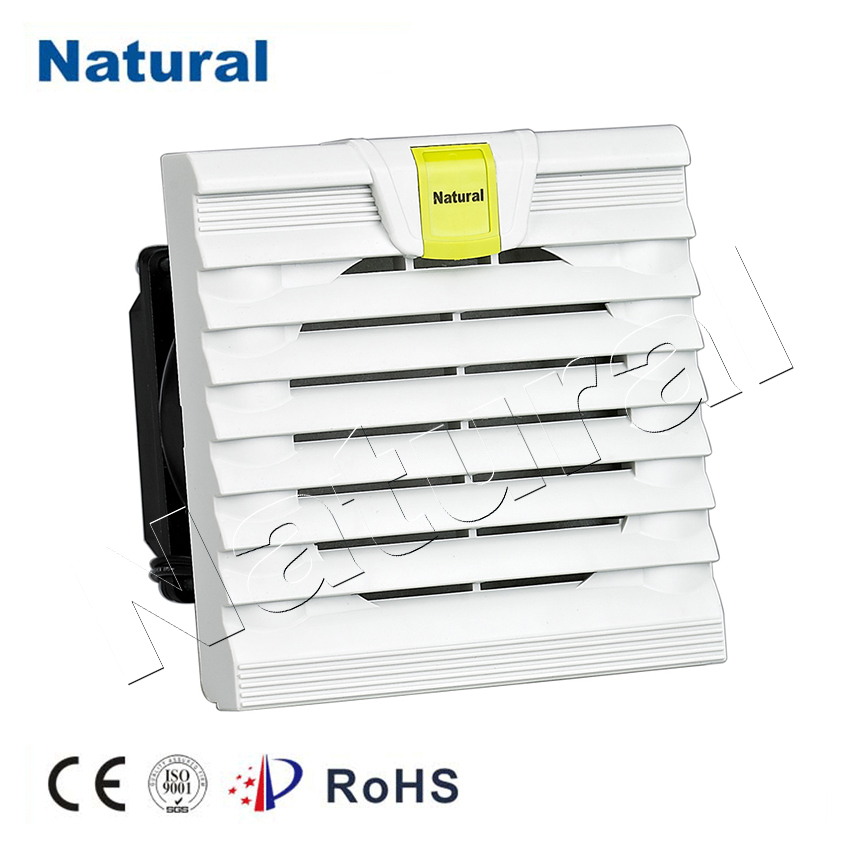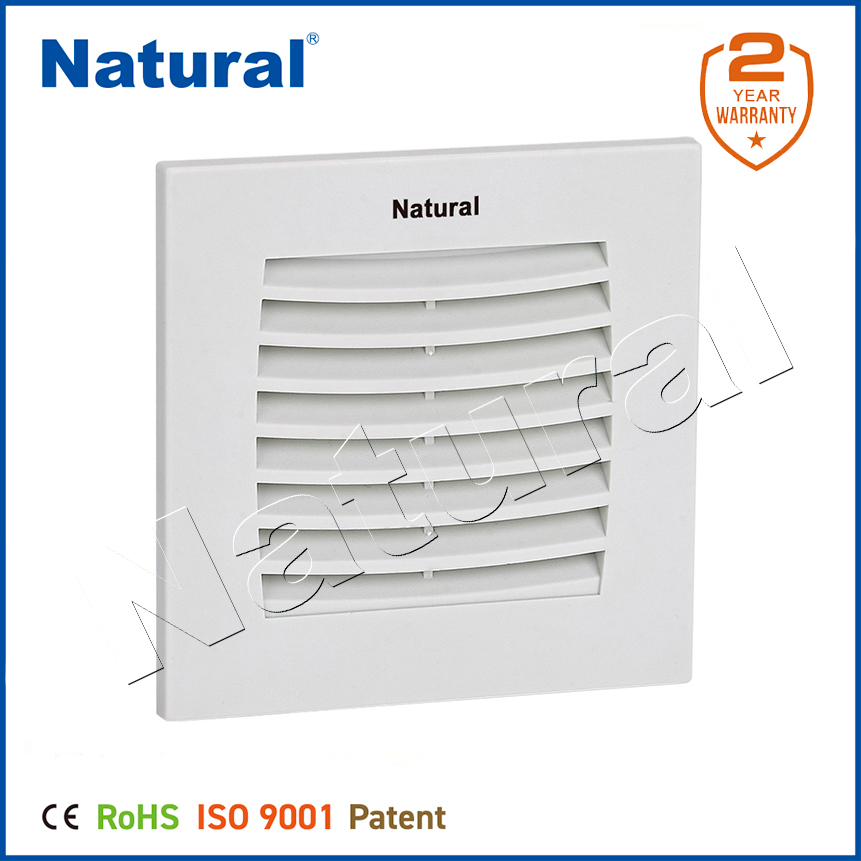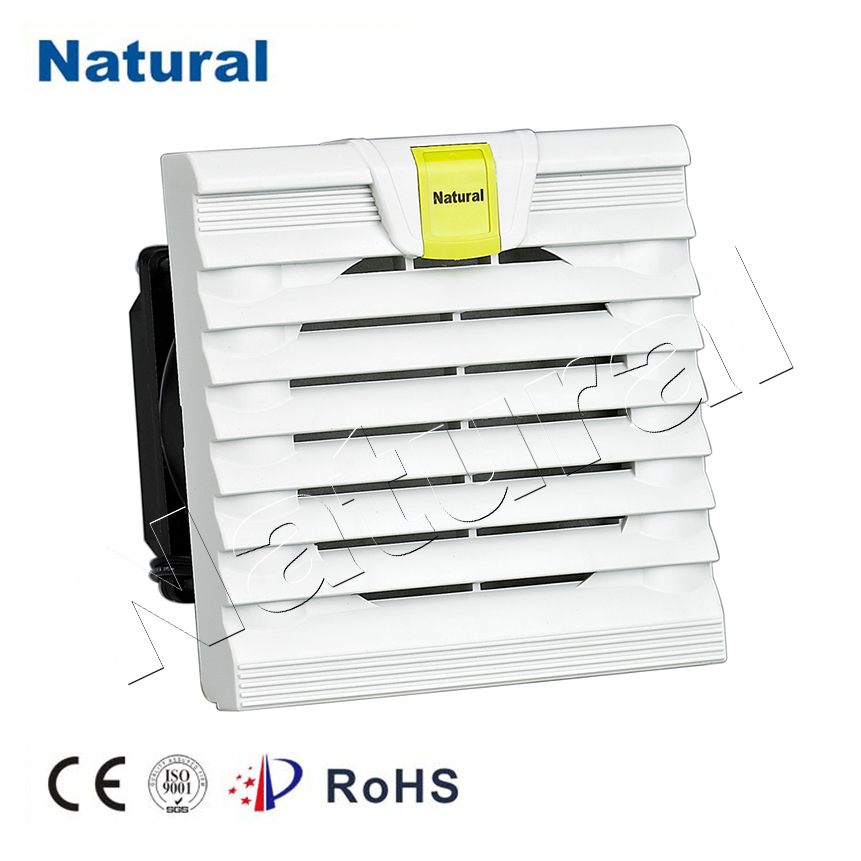Cabinet filters play a crucial role in ensuring that the equipment housed within an enclosure remains free from harmful particles and contaminants. Whether used in industrial, medical, or residential settings, these filters help maintain the efficiency, longevity, and performance of sensitive devices by improving the quality of the air they operate in. This article explores the importance, types, and various applications of cabinet filters, shedding light on why they are a necessary component in many systems.

The Importance of Cabinet Filters

The primary purpose of a cabinet filter is to protect sensitive equipment housed in enclosures from dust, dirt, and other airborne contaminants. These filters ensure that the air circulating inside the cabinet remains clean, which is vital for the proper functioning of electrical and electronic devices. Without adequate filtration, dust and debris can accumulate on circuit boards, ventilation fans, and other components, leading to overheating, malfunction, or even complete failure of the equipment. Additionally, air quality plays a significant role in the performance of machines. Dust, moisture, and pollutants can cause electronic devices to operate inefficiently, leading to reduced performance and potentially shortening the lifespan of the equipment. By keeping the internal environment of the cabinet clean, filters help to maintain a stable operating temperature, which is essential for preventing overheating and ensuring the overall longevity of the equipment inside.
